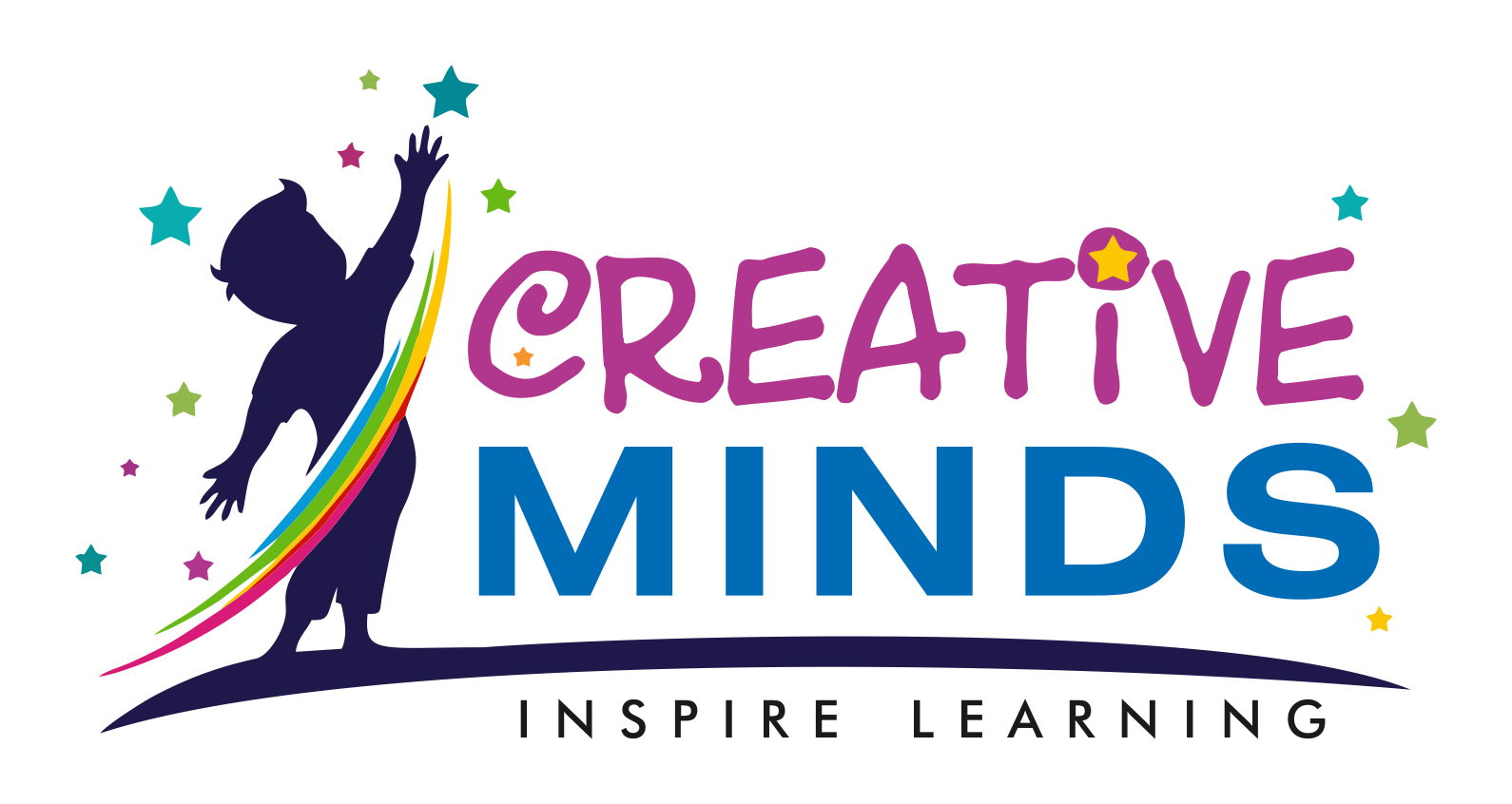Grammar is the backbone of any language, and understanding it clearly can significantly enhance a child’s ability to communicate effectively. While reading, writing, and speaking are the most visible aspects of language, it’s grammar that provides structure, clarity, and meaning. In this blog, we will explore the importance of clear grammar concepts in children’s study habits and how mastering them can set the foundation for academic success and personal growth.
Why is Grammar Important for Kids?
For many students, grammar may seem like a tedious subject, often overshadowed by more dynamic learning activities. However, grammar plays an essential role in shaping study habits and overall academic performance. Here’s why mastering grammar concepts is crucial:
- Foundation for Effective Communication
Grammar enables children to organize their thoughts and express them clearly. When kids grasp the rules of grammar, they can construct sentences that make sense, enhancing their written and verbal communication skills. - Improves Reading Comprehension
Strong grammar skills help children better understand the structure of the sentences they read. Recognizing parts of speech, punctuation, and sentence structures allows them to decode texts more efficiently, which ultimately improves their reading comprehension. - Boosts Writing Skills
Proper grammar usage is essential for writing essays, reports, and assignments. Kids who have a clear understanding of grammar are more likely to write well-organized, coherent texts that convey their ideas effectively. - Enhances Cognitive Skills
Learning grammar involves critical thinking and problem-solving. Kids need to identify patterns, make decisions about sentence construction, and apply rules, which all contribute to cognitive development.
The Role of Clear Grammar Concepts in Study Habits
Developing good study habits is key to academic success, and clear grammar concepts can greatly influence these habits. Here’s how:
- Improved Attention to Detail
Grammar encourages students to pay close attention to the finer details of language, such as punctuation, sentence structure, and verb tenses. This attentiveness spills over into other subjects, making children more detail-oriented in their overall studies. - Encourages Structured Thinking
Grammar is all about structure—how words fit together to form meaningful sentences. When children grasp this structure, they learn to organize their thoughts more logically. This skill helps them structure their work, whether it’s writing essays, solving math problems, or organizing ideas for a project. - Builds Confidence in Language Use
Mastery of grammar boosts a child’s confidence in using language, both in speaking and writing. This confidence leads to more active participation in class discussions, presentations, and assignments, contributing to better academic performance. - Promotes Independent Learning
Once children understand the rules of grammar, they become more independent learners. Instead of relying on corrections from teachers or parents, they can identify and fix their grammatical errors on their own, fostering a sense of responsibility for their learning. - Enhances Memory and Retention
Clear grammar concepts, when consistently practiced, can improve a child’s ability to retain information. Understanding sentence structure and grammar rules makes it easier for children to absorb and recall other types of academic content, leading to better study outcomes.

How to Help Kids Master Grammar for Better Study Habits
- Make Grammar Fun
Teaching grammar doesn’t have to be boring. Use games, interactive activities, and puzzles to make learning grammar enjoyable. There are also numerous apps and online resources that turn grammar practice into a fun experience for children. - Practice Makes Perfect
Regular practice is key to mastering grammar. Encourage children to write short stories, journal entries, or even letters. As they practice writing, they will naturally apply the grammar rules they’ve learned, solidifying their understanding. - Focus on Understanding, Not Just Memorization
While memorizing grammar rules is important, it’s essential to ensure that kids understand the why behind them. Help them grasp the reasoning behind subject-verb agreement, sentence structure, and other grammar rules, so they can apply them confidently in any situation. - Incorporate Grammar into Daily Conversations
One of the best ways to reinforce grammar is through daily conversations. Use correct grammar when speaking with children, and gently correct them when they make mistakes. This will help them become more aware of their language use in a real-world context. - Use Visual Aids
Visual aids like charts and diagrams can help kids understand grammar concepts more clearly. For example, sentence trees can illustrate how different parts of a sentence connect, while color-coded activities can differentiate between nouns, verbs, and adjectives.
The Long-Term Benefits of Strong Grammar Skills
Mastering grammar is not just about passing exams—it’s a lifelong skill that will benefit children in all areas of life. Here are some long-term benefits of clear grammar concepts:
- Better Academic Performance
Good grammar is critical for writing essays, reports, and answering questions accurately. As children progress through school, strong grammar skills will contribute to their success in subjects beyond just language arts. - Career Readiness
In the professional world, communication is key. Whether writing emails, reports, or making presentations, clear grammar helps individuals convey their messages effectively. Children who master grammar early on are better prepared for the communication demands of the workplace. - Enhanced Critical Thinking
Grammar requires kids to analyze sentence structures, understand relationships between words, and apply rules, all of which sharpen their critical thinking skills. These skills are valuable not only in academics but also in real-world problem-solving. - Cultural and Social Awareness
Language is deeply connected to culture. By learning grammar, children gain a deeper understanding of how language reflects societal norms, values, and history. This awareness enhances their communication skills and their ability to interact with people from diverse backgrounds.
Conclusion
Clear grammar concepts are the building blocks of effective study habits and communication skills. By helping children master grammar early in their education, we can unlock their potential for academic success and personal growth. In a world where communication is key to both personal and professional achievements, investing in strong grammar foundations sets kids on a path toward lifelong success.

